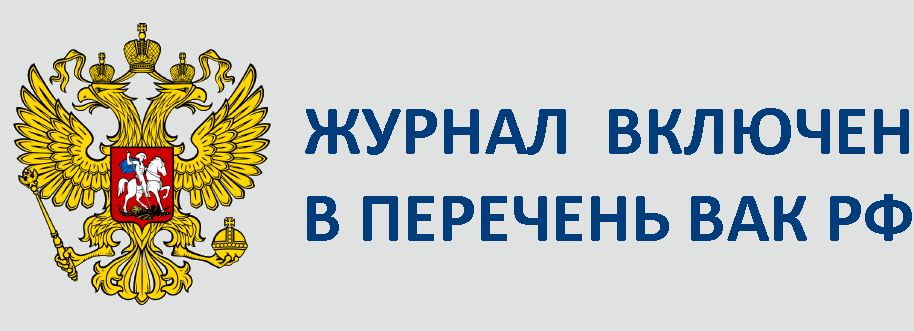№4-2023-17
DOI: 10.22281/2413-9912-2023-07-04-161-168
Terekhov O.E., Terekhova O.N.
EUROPEAN ABSOLUTISM IN THE HISTORICAL AND SOCIOLOGICAL CONCEPTS OF I. WALLERSTEIN AND P. ANDERSON
The article offers a comparative analysis of European absolutism in the historical and sociological concepts of Wallerstein and Anderson. The topicis relevantbecause, firstly, both authors made a significant contribution to the development of modern theoretical and methodological approaches to studying European absolutism in the early modern period, and secondly, this problem has been consideredvery little in Russian historiography and humanitarian studies. Wallerstein, within the framework of his world-systems analysis, considered the era of absolutism as the first stage in the formation of the European capitalist world-economy. Anderson, being, like Wallerstein, a neo-Marxist, developed an original neo-Marxist concept of absolutism based on a sociocultural approach to studying it. In the context of the comparative historical method, the authors examine the similarities and differences in the interpretation of European absolutism by Wallerstein and Anderson. The article notes that the methodological pluralism of Western neo-Marxism allowed both authors not only to create original concepts of European absolutism, but also to significantly expand the cognitive possibilities in its study. Despite the dominance of economic determinism in explaining the causes and genesis of absolutism, Wallerstein and Anderson do not confine themselves to economic factors, but introduce new structural elements into his study, in particular, models of geo-economic and geopolitical space. This approach is especially characteristic of Anderson, who, despite the primacy of the economy, considers absolutism in the context of political, international, social and cultural processes.
Keywords: European absolutism, historical sociology, world-system, worldeconomy, capitalism.
Kemerovo State University (Russia)
Это произведение доступно по лицензии Creative Commons «Attribution-ShareAlike» («Атрибуция — На тех же условиях») 4.0 Всемирная






